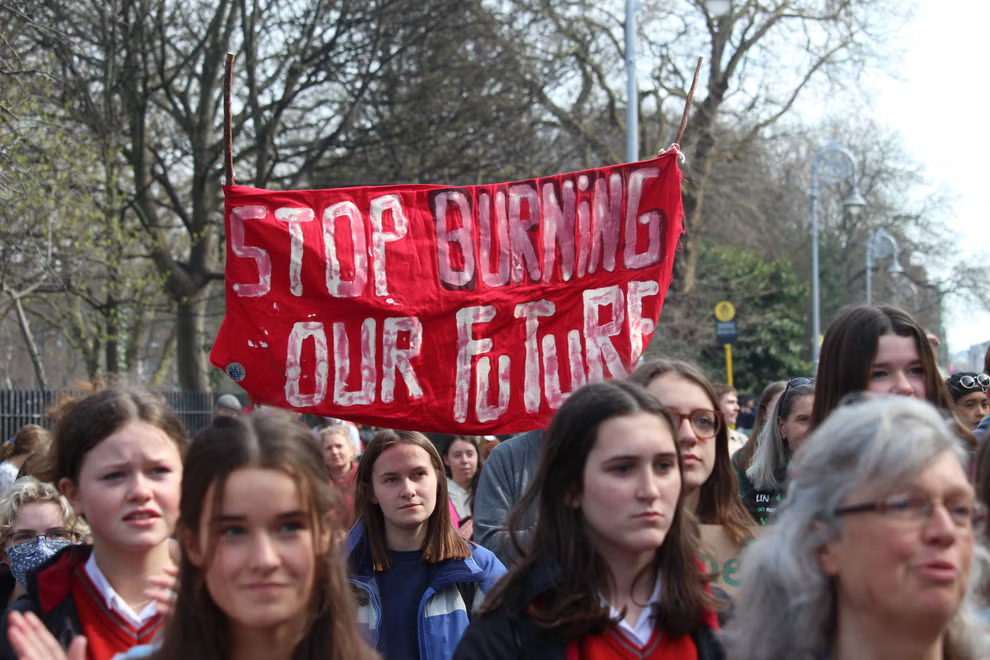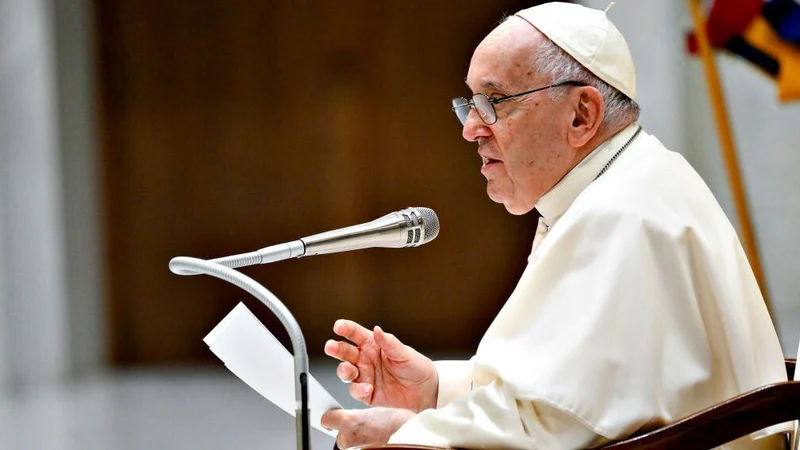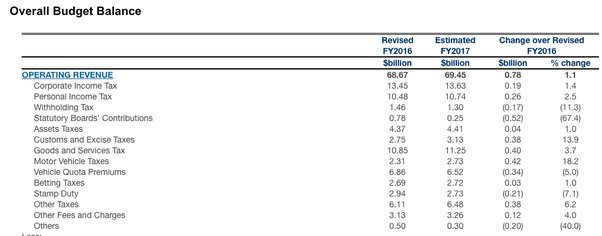Climate Crisis an Existential Risk for Children
Britain’s leading pediatrician, Dr. Camilla Kingdon, has declared the climate crisis an “existential risk” to the health and wellbeing of all children. In a significant statement, Dr. Kingdon, who is the president of the Royal College of Paediatrics and Child Health (RCPCH), emphasized that every adolescent faces severe threats from the physical and mental impacts of the climate crisis. These effects are already being observed by healthcare professionals.
Real-Life Consequences
Dr. Kingdon highlighted the real and detrimental consequences affecting millions of children, including air pollution, extreme weather, and soaring energy costs. These environmental challenges, coupled with what she perceives as the government’s inaction, are having a profound impact on children’s lives.
Government Policies Criticized
Dr. Kingdon criticized Chancellor Rishi Sunak for rolling back net zero policies and claimed that the most vulnerable children would bear the greatest burden as a result.
Health Impacts on Children
The rising global temperatures due to the climate crisis have adverse effects on fetuses, babies, and children, as shown by multiple studies. These effects range from an increased risk of premature birth and hospitalization among young children to weight gain in babies. Pollution can stunt lung growth, induce asthma, and affect cognitive abilities and mental health.
Air Pollution in the UK
Dr. Kingdon stressed that air pollution is the most significant environmental risk to public health in the UK. Children’s faster breathing rate means they inhale more toxins in proportion to their weight compared to adults exposed to the same level of air pollution. This makes them especially vulnerable to air pollution and can result in childhood asthma and long-term health issues.
Mental Health Impacts
The climate crisis’s damage to children extends beyond physical health. Dr. Kingdon pointed out significant mental health consequences, including post-traumatic stress disorder, depression, anxiety, phobias, sleep disorders, attachment disorders, and substance abuse. These mental health issues can lead to problems with learning, behavior, and academic performance.
Health Inequalities
Dr. Kingdon emphasized that glaring health inequalities in the UK mean some children experience the impacts of the climate crisis more severely. Low-income households have limited choices in housing, often residing in deprived areas and facing greater exposure to extreme weather events and poor air quality.
Cold and Damp Homes
The climate crisis contributes to more damp and cold homes due to increased winter precipitation in the UK. For low-income households, heating homes adequately can be too costly, exposing them to cold and mold.
Call for Action
The RCPCH calls for the appointment of a cabinet minister for children and prioritizing child health in climate crisis policymaking. Dr. Kingdon concluded that it is essential to act now and address the climate crisis with children in mind, emphasizing the unequal impact on different communities.
The RCPCH has provided pediatricians with resources to support children affected by the climate crisis, including template letters of support for families seeking improved housing conditions for health reasons. Dr. Kingdon stated that without government action, the fight to improve child health equity cannot be won.






